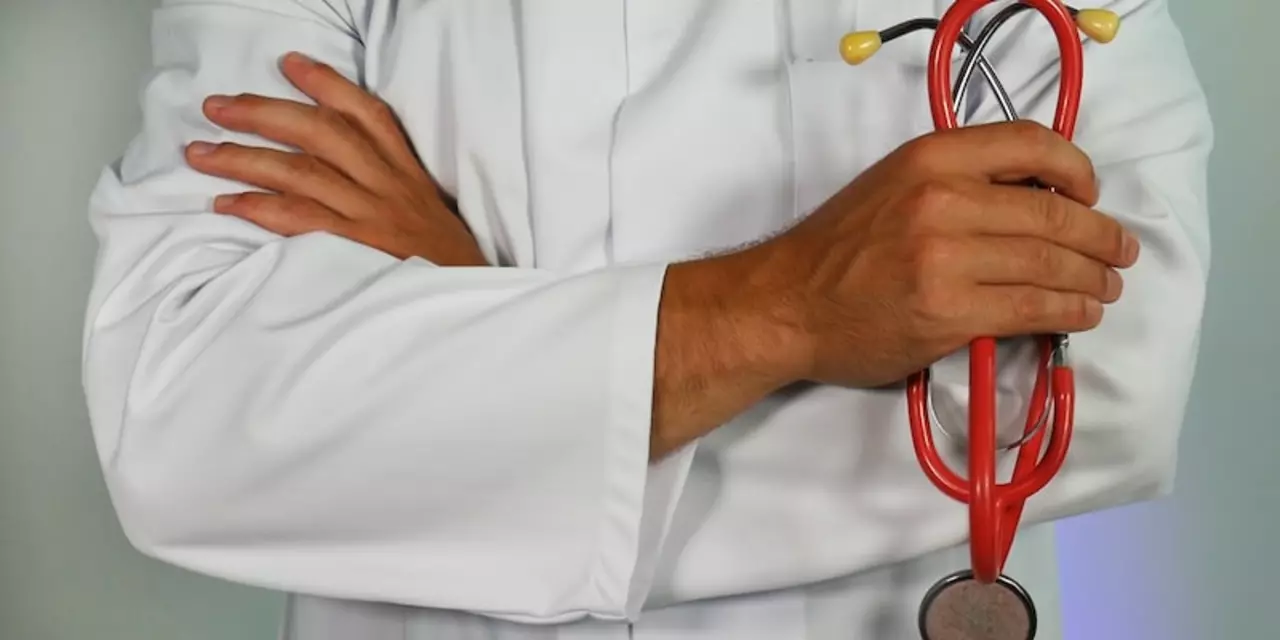Access in Healthcare: Simple Ways to Get the Care You Need
Ever felt stuck trying to see a doctor, buy a device, or understand your insurance? You’re not alone. Access is the bridge between you and the health services that keep you well. When that bridge is shaky, everything else gets harder.
Why Access Matters
Good access means you can get preventive care before a problem turns serious. It also means you can pick up the right equipment—like a blood pressure monitor or a portable dental unit—without hunting down endless suppliers. When people have easy access, overall health improves, costs drop, and the whole system runs smoother.
Practical Tips to Improve Your Access
First, check if there’s a universal or government‑run program in your area. These plans often lower the price per person, just like buying in bulk. Even in a mixed system, many states offer reduced‑fee clinics for low‑income patients.
Second, use online directories to locate nearby providers that accept your insurance. A quick search can reveal which dentists, orthodontists, or specialists have open slots this week. Save the contact details on your phone so you can call right away.
Third, when you need medical equipment, start with reputable online retailers that specialize in health supplies. Compare prices, read reviews, and verify that the seller offers a warranty. If you’re unsure, ask your dentist or doctor for a recommendation—they often know trusted suppliers.
Fourth, don’t overlook telehealth. A video visit can solve many questions without a travel hassle. Telemedicine platforms usually let you schedule an appointment within hours, and many insurance plans cover the cost.
Fifth, keep your health records organized. A digital folder with lab results, vaccination dates, and past prescriptions makes it easier for any new provider to understand your history. This cuts down on repeat tests and speeds up treatment.
Finally, be proactive about prevention. Simple habits—regular flossing, balanced diet, and routine check‑ups—keep you out of urgent care. Prevention is cheaper than treatment, and it keeps the access chain from breaking under emergency pressure.
By following these steps, you’ll turn a confusing maze into a clear path. Good access isn’t a luxury; it’s a right you can claim with a few smart moves. Start today, and you’ll notice the difference in how quickly you get the care you deserve.
Who is the most affected by access to healthcare?
- Kaius Sterling
- February 15, 2023
- 0 Comments
Access to healthcare is an important issue that affects people of all ages and economic levels. It is estimated that nearly 10% of the world’s population lack access to essential medical services and medicines. Those most affected are people living in low- and middle-income countries, where healthcare services are limited or unavailable. People living in rural areas or in areas with weak health systems are particularly vulnerable to inadequate access to healthcare. Women, children, and the elderly are also disproportionately affected by lack of access to healthcare. These groups are particularly vulnerable to health risks as they often have limited access to information and resources.
read more